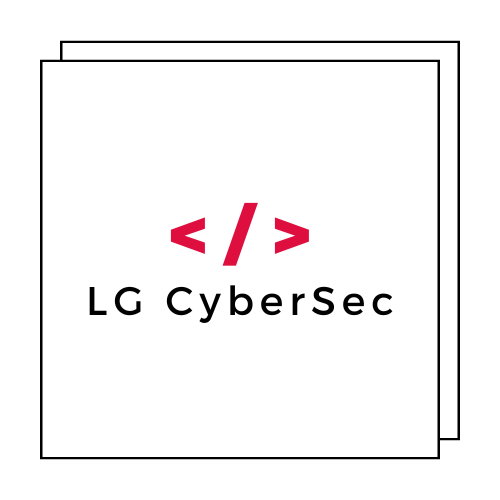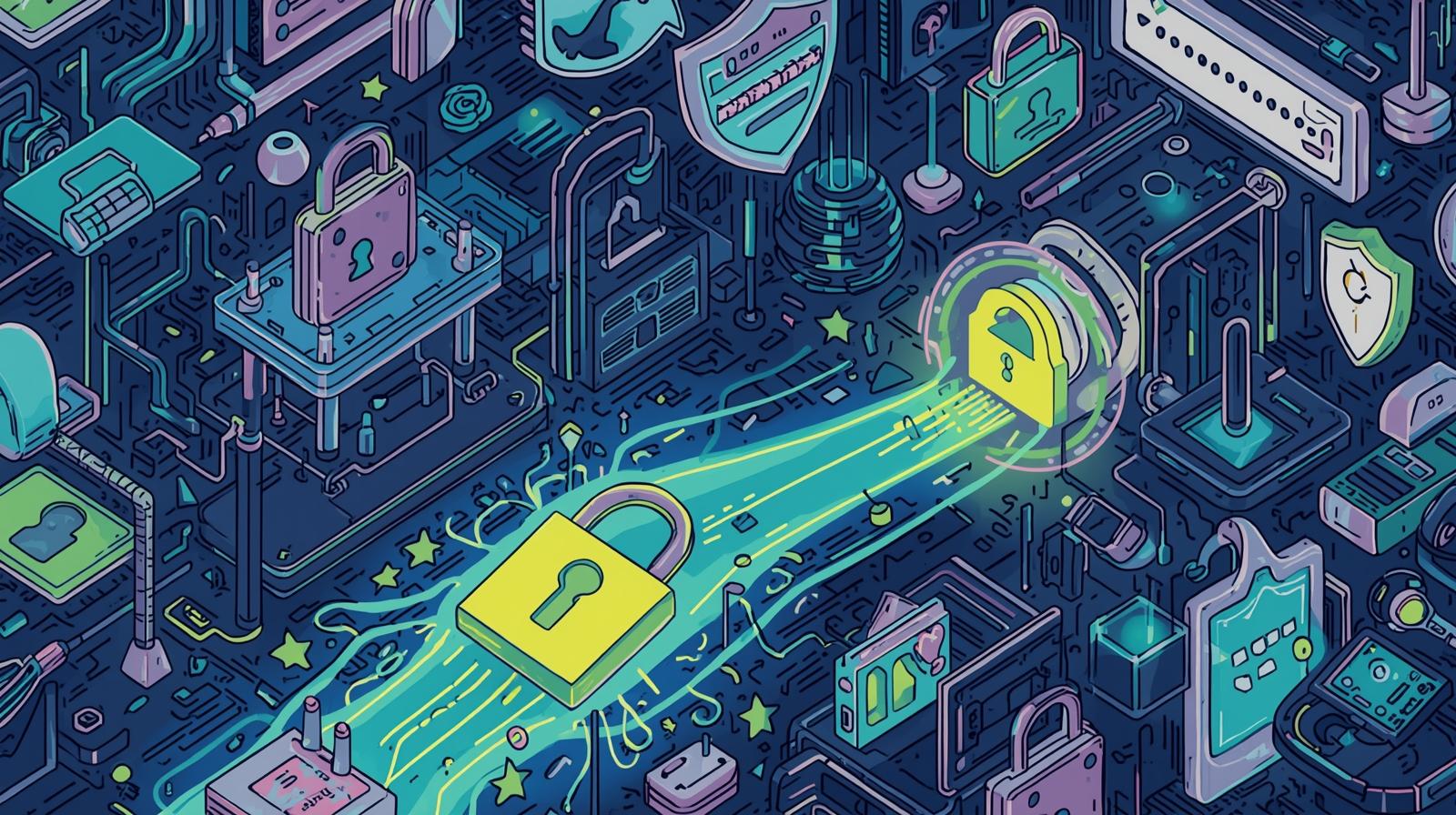In today’s digital landscape, everyday security habits are no longer optional—they’re essential for survival. With 46% of all cyber breaches impacting businesses with fewer than 1,000 employees, small and medium-sized businesses are increasingly in the crosshairs of cybercriminals. The good news? Most cyber attacks can be prevented through simple, consistent security practices that take just minutes to implement but provide years of protection.
Whether you’re running a small business or managing your personal digital life, developing strong cybersecurity habits is like building a immune system for your digital world. These habits don’t require technical expertise or expensive software—just commitment and consistency.
Let’s explore seven everyday security habits that you can adopt right now to significantly strengthen your cybersecurity posture and protect what matters most to you.
1. Create and Maintain Strong, Unique Passwords
Password security remains the first line of defense against cyber attacks, yet it’s often the weakest link in our security chain. Research shows that 30% of internet users have experienced a data breach due to weak passwords, while two-thirds of Americans use the same password across multiple accounts.
Your everyday security habits should include creating passwords that are:
- At least 12 characters long with a mix of uppercase, lowercase, numbers, and symbols
- Unique for each account—never reuse passwords across platforms
- Unpredictable—avoid personal information like birthdays or pet names
- Regularly updated—especially for critical accounts
Consider using a reputable password manager to generate and store complex passwords. This eliminates the burden of remembering multiple passwords while ensuring each account has unique, strong protection. Popular options include Bitwarden, 1Password, and LastPass.
For businesses, implementing a company-wide password policy ensures all team members follow consistent security practices. LG CyberSec can help you develop comprehensive password policies that balance security with usability.
2. Enable Two-Factor Authentication Everywhere
Two-factor authentication (2FA) adds an extra layer of security that makes it exponentially harder for attackers to access your accounts, even if they have your password. This simple security habit can prevent up to 99.9% of account takeover attacks.
Enable 2FA on all accounts that offer it, prioritizing:
- Email accounts—these are often used to reset other passwords
- Banking and financial services
- Business applications like CRM, accounting software, and cloud storage
- Social media accounts—these can be used for social engineering attacks
Choose authenticator apps over SMS when possible, as phone numbers can be hijacked through SIM swapping attacks. Google Authenticator, Authy, and Microsoft Authenticator are reliable options that work offline and provide better security than text messages.
For businesses, implementing 2FA across all business accounts and requiring it for employee access can significantly reduce the risk of data breaches and unauthorized access.
3. Keep Software and Systems Updated
Software updates aren’t just about new features—they’re critical security patches that fix vulnerabilities cybercriminals actively exploit. Delaying updates is like leaving your front door unlocked; you’re essentially inviting trouble.
Make updating software part of your daily routine by:
- Enabling automatic updates for operating systems, browsers, and security software
- Regularly checking for updates on business applications and plugins
- Prioritizing security updates—install these immediately when available
- Keeping firmware updated on routers, IoT devices, and network equipment
Create a weekly “update check” routine where you review all devices and applications for pending updates. For businesses, consider implementing a patch management system that automates updates while allowing you to test critical patches before deployment.
Remember that outdated software is one of the most common attack vectors. According to CISA’s Known Exploited Vulnerabilities Catalog, many successful attacks exploit vulnerabilities that have been patched for months or even years.
4. Develop Email and Phishing Awareness
Email remains the primary attack vector for cybercriminals, with 64% of businesses reporting business email compromise (BEC) attacks in 2024, averaging $150,000 in losses per incident. Developing sharp email security habits is crucial for protecting yourself and your business.
Essential email security practices include:
- Verify sender identity before clicking links or opening attachments
- Check URLs carefully—hover over links to see the actual destination
- Be suspicious of urgent requests for money, credentials, or sensitive information
- Use separate email addresses for different purposes (business, personal, shopping)
Watch for common phishing red flags:
- Generic greetings like “Dear Customer”
- Spelling and grammar mistakes
- Mismatched or suspicious sender addresses
- Unexpected attachments or requests for personal information
- High-pressure tactics creating false urgency
When in doubt, verify requests through a separate communication channel. If someone claiming to be from your bank emails asking for account information, call your bank directly using the number on your statement—not any number provided in the suspicious email.
For businesses, regular phishing simulation training can help employees recognize and respond appropriately to suspicious emails. LG CyberSec offers comprehensive email security training tailored to your team’s specific needs and risk profile.
5. Secure Your Wi-Fi Networks
Your Wi-Fi network is the gateway to your digital life, and securing it properly should be a fundamental part of your everyday security habits. An unsecured network is like broadcasting an open invitation to cybercriminals in your neighborhood.
Essential Wi-Fi security practices include:
- Use WPA3 encryption (or WPA2 if WPA3 isn’t available)
- Change default router passwords and admin credentials immediately
- Create strong network names and passwords—avoid personal information
- Disable WPS (Wi-Fi Protected Setup) as it can be easily exploited
- Enable guest networks for visitors and IoT devices
- Regularly update router firmware to patch security vulnerabilities
For businesses, consider implementing enterprise-grade security features like:
- Network segmentation to isolate different devices and user groups
- Access control policies that limit what devices can access
- Regular security audits to identify unauthorized devices
Be especially cautious when using public Wi-Fi networks. Avoid accessing sensitive information on public networks, and consider using a VPN to encrypt your internet traffic when public Wi-Fi use is unavoidable.
6. Practice Safe Browsing and Download Habits
The websites you visit and files you download can expose you to malware, ransomware, and other cyber threats. Developing safe browsing habits is essential for maintaining your digital security.
Key safe browsing practices include:
- Stick to reputable websites and avoid suspicious links
- Look for HTTPS encryption—the padlock icon in your browser
- Be cautious with downloads—only download from official sources
- Avoid clicking on pop-ups or ads that seem too good to be true
- Use ad blockers to reduce exposure to malicious advertisements
When downloading software:
- Always download from official websites or app stores
- Read reviews and check ratings before installing
- Scan downloads with antivirus software before opening
- Be wary of software that asks for excessive permissions
For businesses, implement web filtering solutions that block access to known malicious sites and restrict downloads of potentially dangerous file types. According to Proofpoint’s research, web-based threats continue to be a significant attack vector for businesses of all sizes.
7. Implement Regular Backup Strategies
While prevention is ideal, having a solid backup strategy ensures you can recover from cyber attacks, hardware failures, or accidental deletions. Regular backups are your safety net in the digital world.
Follow the 3-2-1 backup rule:
- 3 copies of important data
- 2 different storage types (e.g., local drive and cloud)
- 1 offsite backup (cloud storage or remote location)
Essential backup practices include:
- Automate backups to run daily or weekly
- Test restore processes regularly to ensure backups work
- Encrypt sensitive backups to protect data if storage is compromised
- Keep some backups offline to protect against ransomware
For personal use, cloud services like Google Drive, iCloud, or OneDrive provide convenient automatic backup options. For businesses, consider enterprise backup solutions that can handle larger data volumes and provide faster recovery times.
Remember that backups are only valuable if you can actually restore from them. Regularly test your backup systems by performing practice restores to ensure everything works when you need it most.
Building Your Cybersecurity Routine
Adopting these seven everyday security habits doesn’t happen overnight, but the investment in your digital safety pays dividends in peace of mind and protection. Start by implementing one or two habits this week, then gradually add others until they become second nature.
The key to successful cybersecurity is consistency. These habits are most effective when practiced regularly, not just during “cybersecurity awareness month” or after hearing about the latest data breach in the news.
For businesses, consider developing a formal cybersecurity policy that outlines these expectations for all employees. Regular training and reminders help ensure these practices become part of your company culture.
Remember, cybersecurity is not a destination—it’s an ongoing journey. As threats evolve, so should your security practices. Stay informed about emerging threats and be prepared to adapt your habits accordingly.
If you’re feeling overwhelmed by cybersecurity or want professional guidance tailored to your specific situation, LG CyberSec specializes in helping small and medium-sized businesses develop comprehensive security strategies that fit their budget and operational needs.
Your digital security is too important to leave to chance. By adopting these everyday security habits right now, you’re taking proactive steps to protect yourself, your business, and your customers from the ever-present threat of cybercrime. The small effort required to build these habits will pay enormous dividends in security, peace of mind, and business continuity.
Start today. Your future self will thank you.

